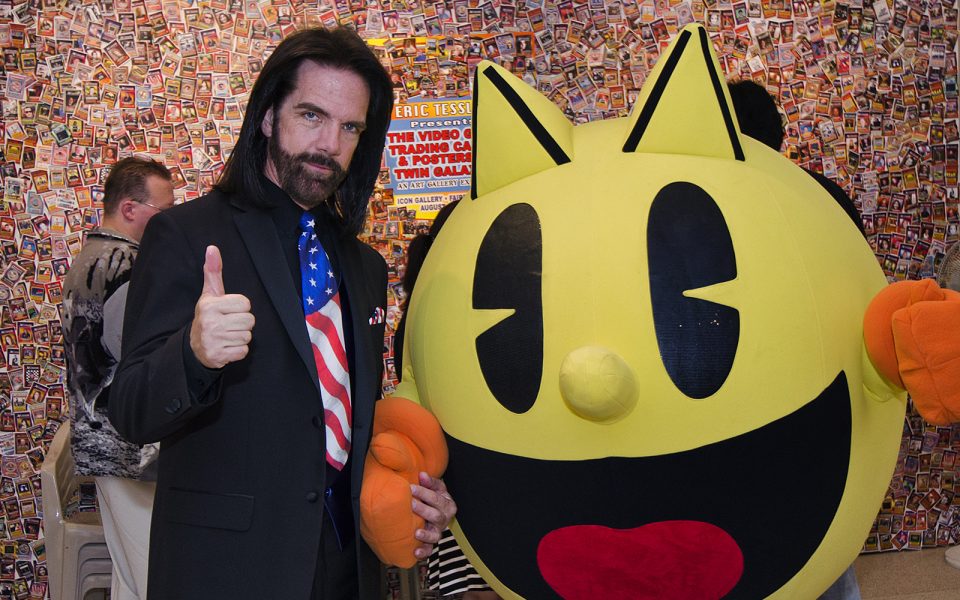When I was a kid, there were no video games so we didn’t have a choice. Everyone in my neighborhood played soccer. Everyone played baseball. Everyone knew how to catch a football, throw a Frisbee, grab a rebound and wrestle someone to the ground.
Sports were integral to the adolescent pecking order, in the eyes of parents and teachers, and also in how we regarded ourselves. For boys, especially, proficiency in sports — or the lack thereof — was a key aspect to your reputation.
My kids, who are both artsy and fartsy, don’t care about sports. At all. Not the watching of them, and not the participation in anything more strenuous than backyard badminton. They don’t even like sports video games, though they are into just about every other genre inside the form.
And that’s how I got this idea.
What if schools fielded video-game teams, like they do for basketball, field hockey, fencing and just about every other sport known to humanity? I pitched it to my kids, who immediately jumped on board, suggesting separate squads for first-person shooters like Call of Duty and Overwatch, solo combatants for fighting games like Injustice and Super Smash Bros. and a roster of head-to-head competitors for sports games like football and hockey.
For the first time in, seriously, ever, my kids showed an interest in an after-school sport, envisioning matches against other high schools, county and statewide rankings, varsity letter jackets and… trophies.
Turns out they already do this in cities across the country. For the last two years, Chicago’s Robert Morris University has hosted the High School Esports Invitational, an unofficial tournament pegged to teams from area high schools that crowns regional champions — though it is pegged to a single game: League of Legends.
If that’s the deal here, my kids say they’re out.
Join the First Amendment Society, a membership that goes directly to funding TCB‘s newsroom.
We believe that reporting can save the world.
The TCB First Amendment Society recognizes the vital role of a free, unfettered press with a bundling of local experiences designed to build community, and unique engagements with our newsroom that will help you understand, and shape, local journalism’s critical role in uplifting the people in our cities.
All revenue goes directly into the newsroom as reporters’ salaries and freelance commissions.


Leave a Reply